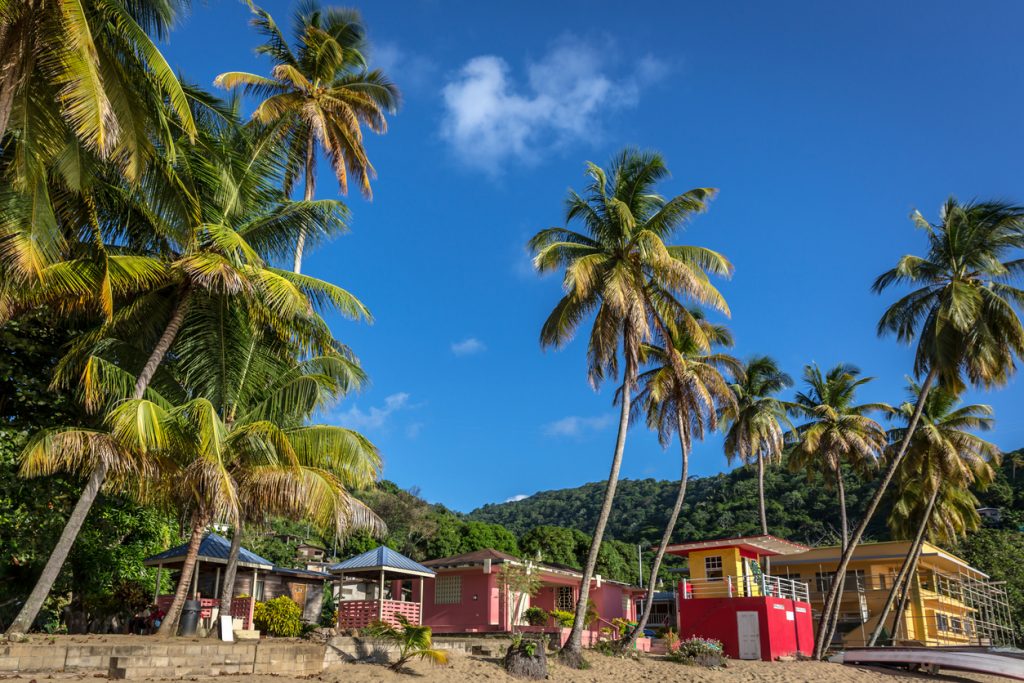History of Trinidad and Tobago

TRINIDAD & TOBAGO were two separate territories completely and one of the most distinguishable characteristics of the history of these conjoined islands is the fact that they were repeatedly invaded and oftentimes fought for by the European powers. Now, it is considered a major melting pot of different ethnicities and an impactful culture that has left imprints on anyone who has ever been to the country.
HISTORY
The history of Trinidad and Tobago started when the Arawaks and Caribs migrated to that area in 5000 BC. Honestly, it sucks that many people don't understand that the history of many countries did not begin with colonizers. As a lot of history teachers love to show, Christopher Columbus traveled to this island in 1498 and quite a few Spaniards stayed until the 18th century. Brereton states, "From 1776 the Spanish government encouraged Roman Catholics from the other Caribbean islands to settle in Trinidad with their slaves. This immigration became significant after the cedula (decree) of 1783, which offered generous land and tax incentives to settlers, and transformed Trinidad’s population, economy, and society"(paragraph 2).
The French soon flocked into the country with their African enslaved people and Indian laborers were brought into the country as well. This has a profound effect on the people in the country now since it is considered a big melting pot. In a way, it reminds me of New York because everyone is different and has a very distinct culture. To this day, Trinidadians have a mix of different ethnic backgrounds.
The island was considered a forgotten Spanish colony for three hundred years. The Native Americans who were already on the island often died due to the spread of disease by the Europeans who came, were forced to work inland with mines and if they survived they were submitted to the harsh labor schemes by Spanish people. Trinidad was converted into a plantation colony and it generated attention from the French who brought their African enslaved people.
CULTURE
Some Trinidadians are of African descent, and are called “Black”, or “African”. Any of the people of Indian descent are referenced as East Indian.
Because of the ethnic diversity found on this island and the ethnic politics, class is often overlooked or even actively denied. Basically, no one is treated differently because they are all considered a mix of "everything".POLITICS
In Trinidad, the government is considered a parliamentary democracy in which the prime minister of the country holds the most power available. The president is just considered the head of state.
In Trinidad & Tobago the political parties are not exactly based upon the ideologies and classes but they are based upon ethnic groups. When looking at their political field, the most publicized of their news is anything involving scandals or corruption in the government.
Since the 1980s, crime is seen as a serious problem, the most notable of which being the violent property crimes most associated with the sale and out of country exportation of illegal drugs.
---------------------------------------------------------
SOURCES
Brereton, Bridget. "Trinidad History." Encyclopædia Britannica. Encyclopædia Britannica, Inc., 1999. Web. 20 Oct. 2020.
Elvington, Kevin. "Trinidad and Tobago." Countries and Their Cultures. 2012. Web. 18 Oct. 2020.
Site Designed and Built by Hydrant (http://www.hydrant.co.uk). "Trinidad and Tobago : History." Trinidad and Tobago : History | The Commonwealth. Web. 20 Oct. 2020.
Comments
Post a Comment